Collisions has been one of the best tools for teaching introductory chemistry topics that I have come across in a while. It helps students to visualize and manipulate the structure and behavior of atoms, ions, and molecules. With the move to remote and hybrid learning, I have been using Collisions more this year than I have in past years.
During Class
For my lectures, I often use an app called Explain Everything, which allows me to embed websites and education apps into classroom discussions. As I begin describing a new topic covered by Collisions, I open the corresponding level to demonstrate exactly what I am talking about. Orbital filling is a great example of this; the Collisions game will not unlock the 3d sublevel until the 4s sublevel is full. Once unlocked, students can see that 3d sublevels cannot contain valence electrons.
Collisions is packed full of these types of learning opportunities. We work through the core levels, and I can assign the rest of the levels as homework, along with the worksheets and student quests provided by Collisions.
Assessment
Collisions provides a formative assessment worksheet for each of the eight Collisions games, called “Check for Understanding.” I have used the provided formative assessment worksheets as both openers and exit tickets. In addition, at the end of each sub-unit, I assign the Sandbox Achievements to assess learning comprehension. This virtually eliminates students’ ability to cheat, while allowing them to demonstrate mastery of content.
This year, I used the Collisions Connected Levels as my semester final exam. My students were elated when I announced that Collisions would be used for their final. They were actually excited to take a final?! I assigned each Connected Level a point value, with the most challenging being worth the most points. They were given two class sessions to complete the levels and were informed that they could not do any of the levels outside of the class.
Collisions has been an extremely helpful and engaging tool for instruction, homework, and learning assessment.
by Bryan Jernigan



